MENUMENU
-
-
-
-
PRODUCTS Transaction ProductsTrack & Trace ProductsSecurity & SurveillanceComprehensive Retail Solution (CORE) AIDC Solutions OneBox Solutions Spares OEM Models
-
-
-
-
the definitive range of products for
thriving businesses.
Our product range makes its presence felt across varied commercial categories -through unsurpassed efficiency, proven robustness and a deep understanding of business needs. We welcome you to discover for yourself the values a TVS-E product could add to your organization – be it retail, consumer goods or the public sector.
LOOKING FOR A PRODUCT
THAT FITS YOUR BUSINESS?

built to endure. designed for efficiency.
A Newstandardin billing.
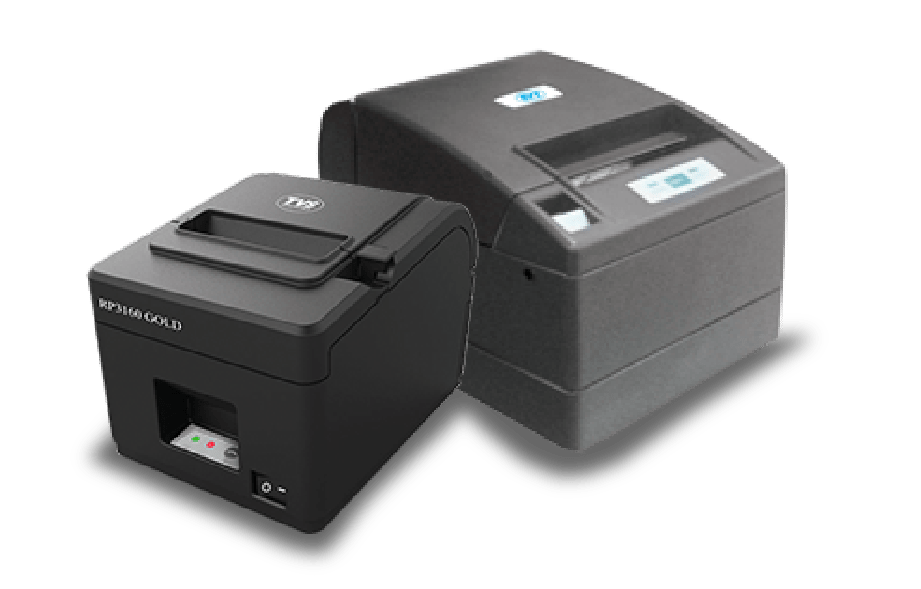
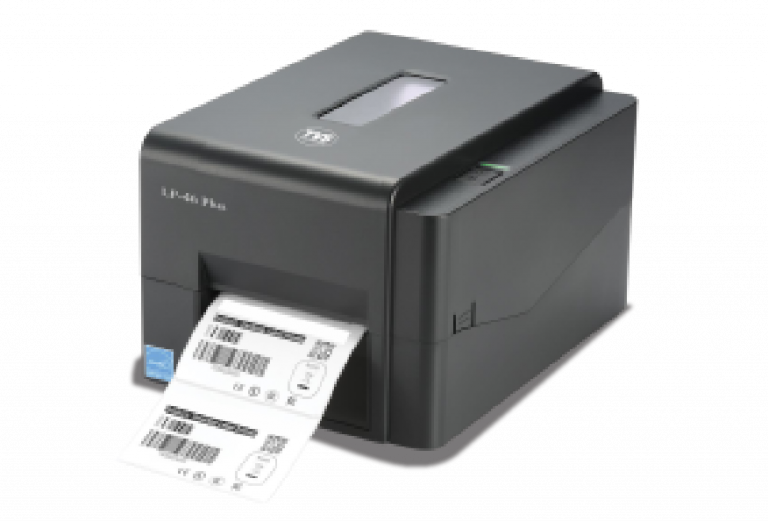
labelledto last.
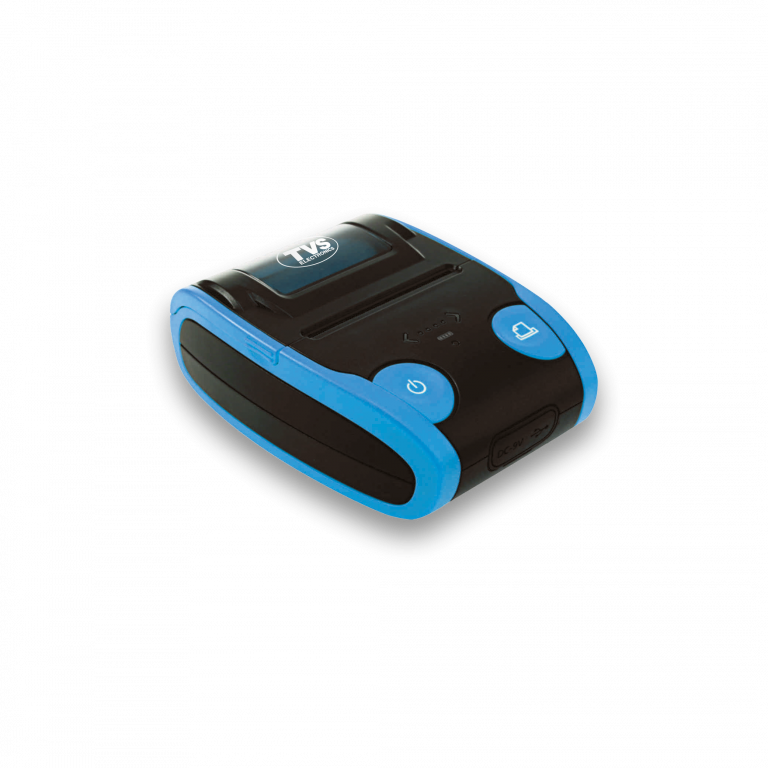
smartest way to print labels and receipts.
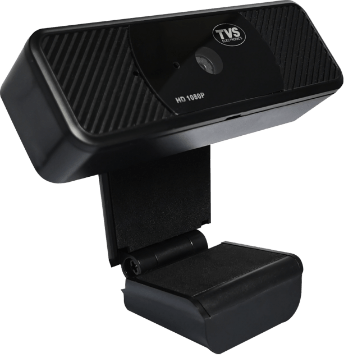
make your desktop ready for online classes and video calls.
demonstrating efficiency
with every transaction.
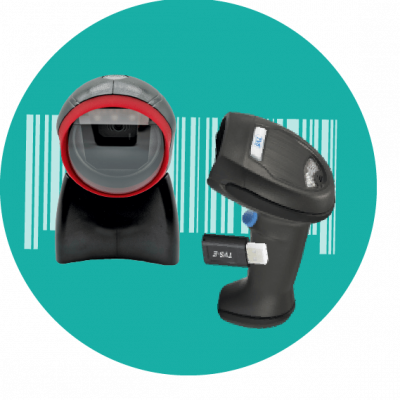
sturdy build.
optimal
productivity.
rugged,
reliable and
remarkably
efficient.
robust,
reliable and
cutting edge
billing
support.
dynamic
performance.
delightful
output.
superior
design.
impressive
operations.
WHERE
DURABILITY
MEETS
AGILITY.
long-term
efficiency.
heavy duty
performance.
Barcode Scanners | Cash Counting Machine | Cash Drawer | Dot Matrix Printers | Cash Registers | Keyboards & Mouse | Barcode Printer | POS Receipt Printer | Mobile Printers | Thermal Printer | Touch POS System | Label Printers | CCTV Solutions
| Health-Care Products
| Work From Home Products
| Speciality Printers
| OEM Models
© 2022 TVS ELECTRONICS










